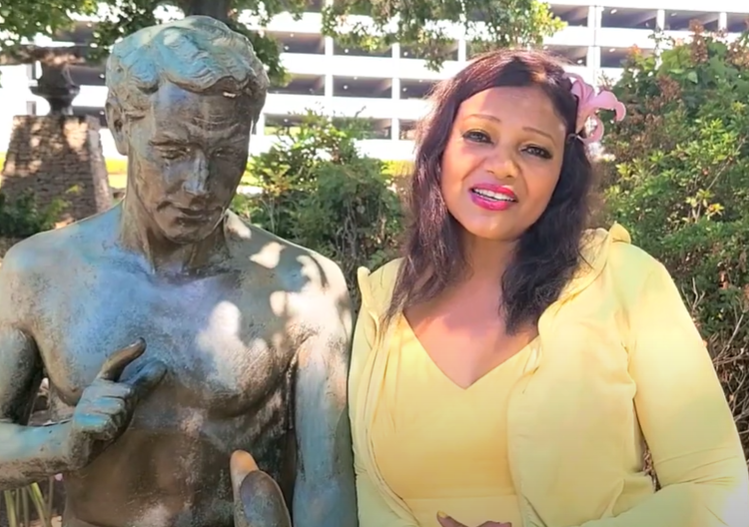Pugnacious, stubborn and a ‘pragmatic worker for Taiwan’s independence’, veteran politician Lai Ching-te will step into the international spotlight as the democratic island’s next president to navigate an increasingly turbulent relationship with China.
The 64-year-old Harvard graduate rode to victory in Saturday’s election on the promise that he would defend Taiwan’s democracy and resist Beijing’s claims on the island.
His win delivers an unprecedented third consecutive term for the Democratic Progressive Party (DPP) and in his victory speech Lai hailed it as a ‘victory for the community of democracies’.
‘We are telling the international community that between democracy and authoritarianism, we will stand on the side of democracy,’ he said.
He has vowed to continue outgoing President Tsai Ing-wen’s policies of building up Taiwan’s military capabilities as a defence deterrence against a potential invasion from China.
But his outspokenness — which he has moderated in recent months on his path to the presidency — has drawn the ire of Beijing.
China regards him as a ‘stubborn worker’ for Taiwan’s independence and a ‘saboteur of peace’, warning that the soft-spoken politician would be the cause of ‘war and decline’ for the island.
‘There are strong doubts on China’s side about his deep-seated convictions’, said Mathieu Duchatel, head of the Asia programme at Montaigne Institute in Paris, adding that at this stage, ‘(Lai) wants above all to reassure’.
Unlike most of Taiwan’s political elite, Lai rose from humble origins.
Born in 1959, Lai was raised by his mother alongside five other siblings in a rural hamlet in New Taipei City, after his coal miner father died when he was a toddler.
After he graduated from Harvard University, he returned to work in a hospital in southern Taiwan before turning his attention to politics in 1996 during the Third Taiwan Strait Crisis.
‘My defining moment came as China’s military adventurism… threatened our shores with live fire exercises and missiles,’ he wrote in an op-ed for The Wall Street Journal last July.
‘I decided I had a duty to participate in Taiwan’s democracy and help protect this fledgling experiment from those who wished it harm.’
He served as a lawmaker, a mayor of the southern city of Tainan and a premier before he was tapped to be vice president to President Tsai Ing-wen, whom he will now succeed.
Under Tsai’s two-term tenure relations with China plummeted — with all high-level communications cut off — as she defended the island’s sovereignty and refused to acknowledge Beijing’s claim over it.
During his campaign for office, Lai stuck to her stance that Taiwan is ‘already independent’, and does not need to formally declare itself separate from China.
He has also said he is willing to have exchanges with China ‘on the preconditions of parity and dignity’, explaining that closer ties for economic prosperity should not be traded for Taiwan’s sovereignty.
‘Accepting China’s ‘one-China’ principle is not true peace,’ he said, referring to a Beijing doctrine that Taiwan is a part of China.
‘Peace without sovereignty is just like Hong Kong. It is a false peace.’
During his time as premier, he was more vocal than Tsai about the issue of independence, which some say has top allies like the United States — Taiwan’s main weapons provider — concerned about how he will handle relations with China.
‘The question will be to what extent Lai can stick to the cautious and moderate pathway carved out by Tsai,’ said Amanda Hsiao of the International Crisis Group.
Sarah Liu of the University of Edinburgh said a Lai administration would continue on a path of ‘less economic reliance on China’.
‘Through strengthening its international standing, Taiwan will gain more allies to further consolidate its democracy,’ she said.
Tsai made a reference to his pugnacity in a campaign ad released this year ahead of the poll.
‘You are much fiercer than I am… you step up and fight with others,’ she said in a slickly edited commercial that showed the two driving along a picturesque highway.
‘But I did it for the safety of my country… because protecting Taiwan’s democracy is the most important,’ Lai responded before Tsai handed him the steering wheel.





















